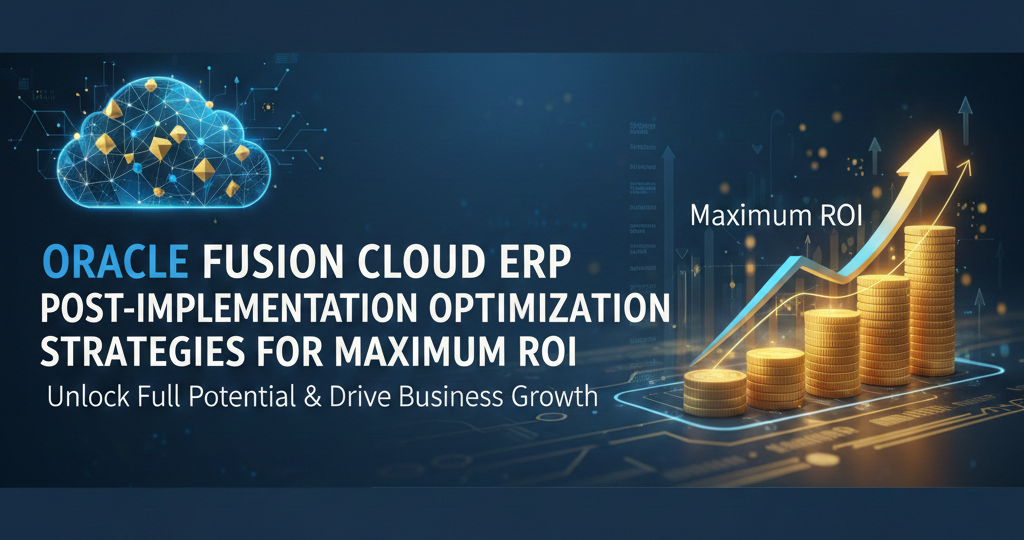Running an e-commerce business often means working with disconnected systems. Your website, marketplaces, inventory, and finance tools store data separately. This results in delays, errors, and increased manual work. Orders take longer to process, stock levels are inaccurate, and teams spend hours fixing problems.
NetSuite e-commerce Integration solves these challenges. It connects your sales channels, back-office systems, and marketplaces with your NetSuite ERP, ensuring data flows smoothly. This reduces manual work, improves order processing, and keeps your business running efficiently.
What is NetSuite e-commerce Integration?
NetSuite e-commerce Integration means linking your online store, marketplaces, and back-end systems like inventory and finance with NetSuite ERP. It helps automate data exchange, so orders, products, stock levels, and customer details stay updated in real time.
When your website, Amazon, Shopify, or other platforms connect to NetSuite:
- Orders sync automatically
- Stock levels update across all channels
- Customer data stays consistent
- Financial records reflect sales instantly
This integration prevents errors, saves time, and provides accurate information for better decision-making.
Who Needs NetSuite e-commerce Integration?
NetSuite e-commerce Integration is ideal for:
- Online retailers with multiple sales channels
- Businesses selling on marketplaces like Amazon or eBay
- Companies using Shopify, WooCommerce, or Magento
- Subscription-based businesses
- B2B companies managing product-service bundles
- Growing brands that need accurate, real-time data
If you struggle with disconnected systems, delayed orders, or stock inaccuracies, integration can help streamline your operations.
Latest 2025 NetSuite Updates Supporting e-commerce Integration
In 2025, NetSuite introduced new features to simplify integration and enhance system performance:
- Faster, pre-built connectors for Shopify B2B, Salesforce, Amazon, and other platforms
- AI-powered tools for automated product descriptions and invoice processing
- Support for subscription billing and product-service bundles
- AI-driven reporting with automated charts and summaries
These updates help businesses run e-commerce operations with fewer delays, fewer errors, and more automation.
How NetSuite e-commerce Integration Works Across Platforms
Businesses can integrate NetSuite with popular platforms using connectors or APIs. Here are common options:
| Platform | Integration Method | Result |
|---|---|---|
| Shopify | NetSuite Connector | Syncs orders, products, and inventory in real time |
| Amazon | iPaaS Tools (e.g., Celigo) | Real-time updates for orders and stock levels |
| Magento/WooCommerce | API or Connector Options | Automated pricing, stock, and order management |
| Salesforce Commerce | API or Connector | Unified customer, sales, and order information |
| SuiteCommerce B2B | Built-in NetSuite Connection | Full control with direct link to NetSuite ERP |
Choosing the right integration method depends on business size, system complexity, and sales channels.
Benefits of NetSuite e-commerce Integration for Online Businesses
- Faster order processing and fewer errors
- Real-time inventory visibility across platforms
- Unified customer data and consistent product information
- Automated financial updates and reduced manual work
- Scalable operations as your business grows
- Improved customer experience with accurate stock levels and timely orders
Common Challenges in NetSuite e-commerce Integration and How to Overcome Them
Integration projects can face challenges such as:
- Data mismatches between platforms
- System downtime during setup
- Workflows not aligning across systems
- Underestimating the time needed for testing
How to overcome these challenges:
- Work with experienced NetSuite e-commerce Integration consultants
- Map your data correctly before going live
- Test the integration thoroughly
- Set up automated error alerts
- Start with clear goals and review existing processes
- Allow sufficient time for testing and adjustments
Proper planning and expert support ensure smooth integration and reliable system performance.
Real-World Examples of NetSuite e-commerce Integration Results
- A Shopify store reduced manual product updates by 80%
- An Amazon seller avoided overselling by syncing inventory across channels
- A B2B company launched subscription services using SuiteCommerce, adding steady recurring revenue
These results show how integration saves time, reduces errors, and supports business growth.
Robust NetSuite Integrator – A Preferred Solution for Integration
Many businesses choose Robust NetSuite Integrator as their integration solution. It offers:
- Reliable, pre-built connectors for platforms like Shopify, Amazon, and Salesforce
- Simplified interface for easy setup
- Built-in error handling to maintain data accuracy
- Scalability to support business growth
Robust NetSuite Integrator reduces setup time, technical complexity, and keeps systems connected efficiently.
Enhanced Reporting with NetSuite e-commerce Integration
Integrated systems improve visibility and reporting:
- NetSuite’s built-in tools provide real-time sales, stock, and performance reports
- AI-powered features generate automated summaries and visual reports
- NetSuite connects with tools like Power BI and Tableau for advanced analytics
This helps teams make informed decisions without needing extra tools.
Best Practices to Keep Systems Running Smoothly Post-Integration
After implementing NetSuite e-commerce Integration:
- Remove outdated apps or connectors to avoid system conflicts
- Simplify forms, checkout processes, and reduce unnecessary steps
- Run reports during off-peak hours to minimize system strain
- Review infrastructure to handle expected traffic and growth
- Regularly test and update your integration setup as needed
These practices ensure your systems remain efficient and scalable.
Conclusion
Disconnected systems slow down online businesses. NetSuite e-commerce Integration connects your website, marketplaces, inventory, and finance tools into one reliable system. This improves order processing, maintains accurate stock levels, and updates financial data automatically.
With the latest 2025 NetSuite updates and solutions like Robust NetSuite Integrator, businesses can reduce manual tasks, prevent errors, and scale operations confidently.
If you want to run your e-commerce business efficiently, manage orders faster, and avoid costly mistakes, working with a NetSuite expert to set up the right e-commerce Integration solution is a practical step forward.
Frequently Asked Questions
What is NetSuite e-commerce Integration?
It connects your online stores, marketplaces, and back-end systems to NetSuite ERP for automated data exchange.
How does NetSuite e-commerce Integration improve business operations?
It reduces manual work, prevents errors, speeds up order processing, and provides real-time visibility of inventory.
Can I integrate NetSuite with platforms like Shopify and Amazon?
Yes, using pre-built connectors or APIs, you can link NetSuite with platforms like Shopify, Amazon, Salesforce, and more.
Is NetSuite e-commerce Integration suitable for small businesses?
Yes, scalable integration solutions are available, making them suitable for both small and large businesses.
How long does NetSuite Integration take?
Timelines vary based on system complexity, but proper planning and expert support ensure smooth and timely implementation.







